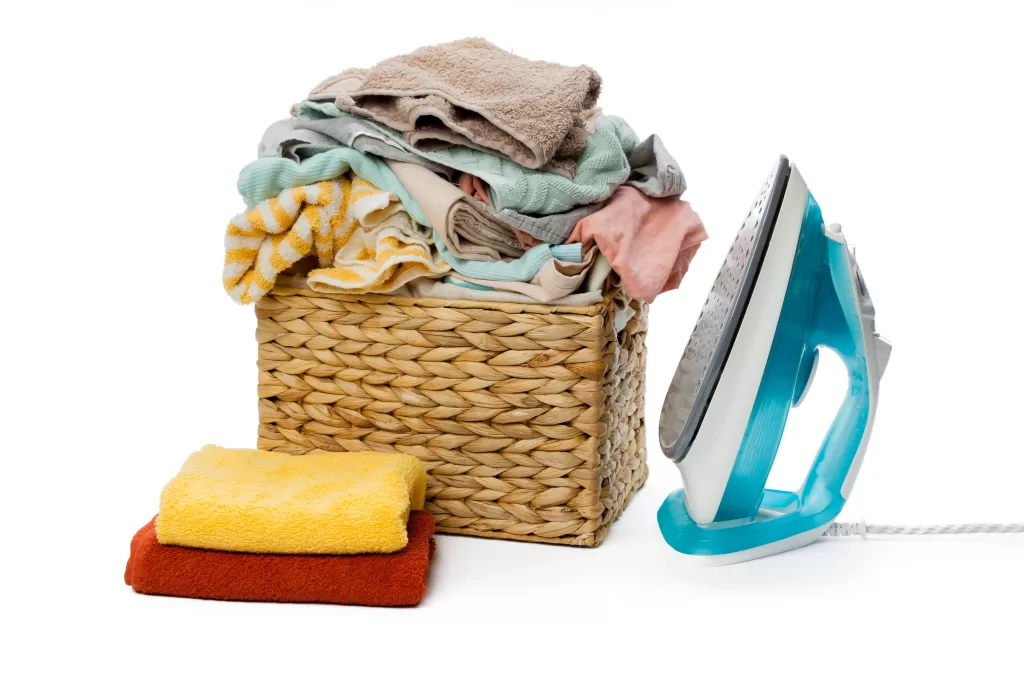There has been a subtle shift in the dynamics of society in recent years. Some people have expressed a rising desire to return to traditional gender roles, in which males take on the role of guardians and providers while women are largely responsible for domestic activities like cleaning and cooking. In light of the advancements achieved by the feminist movement—which promotes gender equality and the demolition of conventional stereotypes—this change appears contradictory. Examining this tendency, though, reveals a more complex picture that places an emphasis on personal preference and choice.
Unquestionably, the rise of feminism over the past century has helped women’s rights significantly advance by questioning deeply held social conventions and creating possibilities for them in a variety of sectors. The concept of choice grew crucial as women had more access to political representation, professional opportunities, and education. Women are encouraged by feminism to follow their own preferences when making decisions rather than following social norms.

Even with these advancements, some men and women find that accepting traditional gender norms appeals to them more and more. This change recognises the value of personal autonomy within the larger context of gender equality rather than rejecting feminism. Instead of succumbing to social pressure, women who opt to assume traditional roles frequently do so out of genuine preference. The ability to follow any path one chooses—traditional or modern—is evidence of the fundamental principles of feminism.
The need for stability and balance in interpersonal interactions is one factor contributing to the return of conventional roles. Some people feel comfort and security in the familiarity of conventional positions during a time of rapid social upheaval. A sense of structure and order can be established in the home by assigning certain tasks to each couple. Some see this division of labour as a way to foster harmony and build upon each other’s talents rather than as a means of promoting inequity.
Furthermore, the acceptance of the fundamental biological and psychological distinctions between men and women is another factor contributing to the attraction of conventional roles. According to evolutionary psychologists, specific gender roles evolved over time as coping mechanisms for survival. Although the urgent need for these roles has passed in modern society, some claim that adhering to conventional gender norms may nevertheless bring about an inward sense of fulfilment.

It’s critical to understand that preferences for conventional roles are personal and cannot be categorised. It’s not always the case that women who prioritise taking care of the home give up their independence or give in to peer pressure. Rather, people are utilising their freedom to select options that are consistent with their individual beliefs and tastes.
In summary, the return of conventional gender norms does not mean that the struggle for gender equality is going backward. Rather, it emphasises personal choice and the variety of women’s experiences, reflecting the dynamic aspect of feminism. Society may create an atmosphere that genuinely encourages men and women to live authentically, whether that means following customs or pursuing new avenues, by recognising and appreciating the decisions people make. The secret is to embrace variety while realising that feminism is about giving people choices and assisting them in pursuing their dreams of fulfilment and happiness.

